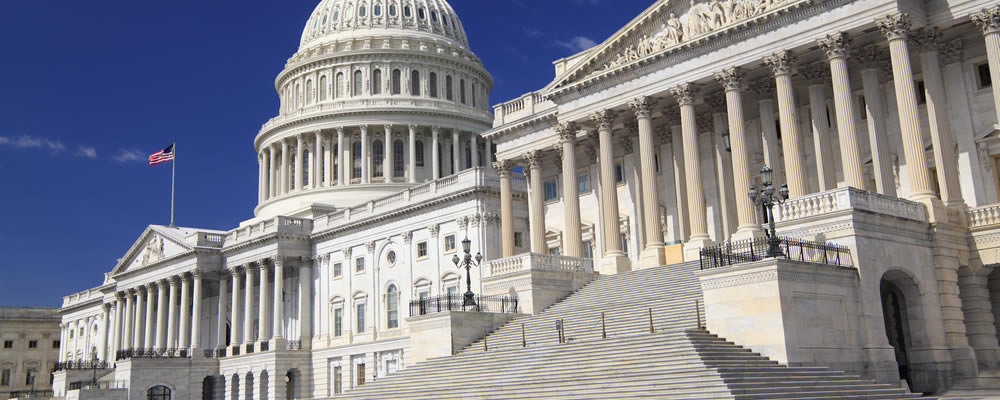Sentiment towards the Euro weakened ahead of the weekend, with investors discouraged by a lack of progress over Greece.
- Eurogroup meeting failed to yield developments over Greek bailout – Lack of resolution to creditor deadlock weighed on Euro
- Weaker personal consumption could dent US Dollar – Dip in inflationary measure could lower odds of imminent Fed action
- Political developments may provoke EUR USD exchange rate volatility – New US administration likely to spook markets further
- Rising German inflation predicted to shore up Euro – Solid German economic data to boost sentiment
The US Dollar, meanwhile, has continued to experience volatility as markets struggle to anticipate policy developments in the US.
Greek Bailout Worries Weighed on Euro (EUR) Outlook
A better-than-expected uptick in the GfK German consumer confidence survey for February was not enough to boost the Euro (EUR) on Thursday. Investors were not particularly encouraged by the modest improvement in consumer sentiment, despite the fact that much of the German economy’s recent strength has been based on domestic demand. Instead the appeal of the single currency was weighed down by concerns surrounding progress on the next stage of the Greek bailout.
The outcome of the latest Eurogroup meeting was not considered to be positive for Greece, with no new date set for creditors to return to Athens and continue talks. With the future of the bailout and any potential debt relief still up in the air there was little cause for confidence in the Euro.
However, December’s US new home sales figure offered a rallying point to the Euro US Dollar (EUR USD) exchange rate. Confidence in the ‘Greenback’ (USD) was dented by the severe slump of -10.4% on the month, which gave further indication that the domestic housing market is not in the strongest of states at present. Though, as analysts at Wells Fargo noted;
‘New home sales ended 2016 on a weak note, as a spike in mortgage rates and the return of winter weather likely deterred some potential homebuyers. Despite the drop, new home sales rose a solid 12.2 percent in 2016.’
EUR USD Exchange Rate Could Recover Ground on Weak US Personal Consumption
Although the Euro USD Dollar (EUR USD) exchange rate was weighed down on Friday morning the pairing could find a rallying point ahead of the weekend. Both the fourth quarter US Gross Domestic Product and personal consumption expenditure figures are expected to have weakened somewhat, which may diminish confidence in the outlook of the world’s largest economy. Any moderation in personal consumption will be of particular concern to investors, given that the measure is the Federal Reserve’s preferred gauge of inflation.
The US Dollar also remains vulnerable to the negative implications of political developments in the White House. If the new administration continues to adopt a protectionist line of policy this could bode ill for the economic outlook, particularly if promised fiscal stimulus fails to materialise. Rising tensions with Mexico could also weigh on the appeal of the ‘Greenback’ in the near term, as the full implications of the Trump presidency emerge. Even so, if markets remain confident that another Fed interest rate hike is on the way the EUR USD exchange rate may struggle to find any particular support.
Stronger German Inflation Predicted to Shore up Euro Demand
Monday’s German Consumer Price Index report could encourage the single currency to make fresh gains, providing that it offers further evidence of rising inflationary pressure. While the European Central Bank (ECB) remains in no hurry to begin tightening monetary policy, wanting to see evidence of higher inflation across the currency union, a stronger showing here could still improve the appeal of the Euro.
Germany’s latest labour market data will also be of interest to markets, with another drop in the number of unemployed persons expected. If the Eurozone’s powerhouse economy continues to demonstrate resilience the EUR USD exchange rate may return to a stronger footing. However, if the trade outlook sours in response to developments in the UK and US then the Euro could fall further out of favour.
Current EUR, USD Interbank Exchange Rates
At the time of writing, the Euro US Dollar (EUR USD) exchange rate was trending narrowly at 1.06, while the US Dollar to Euro (USD EUR) pairing was trading in a narrow range around 0.93.



